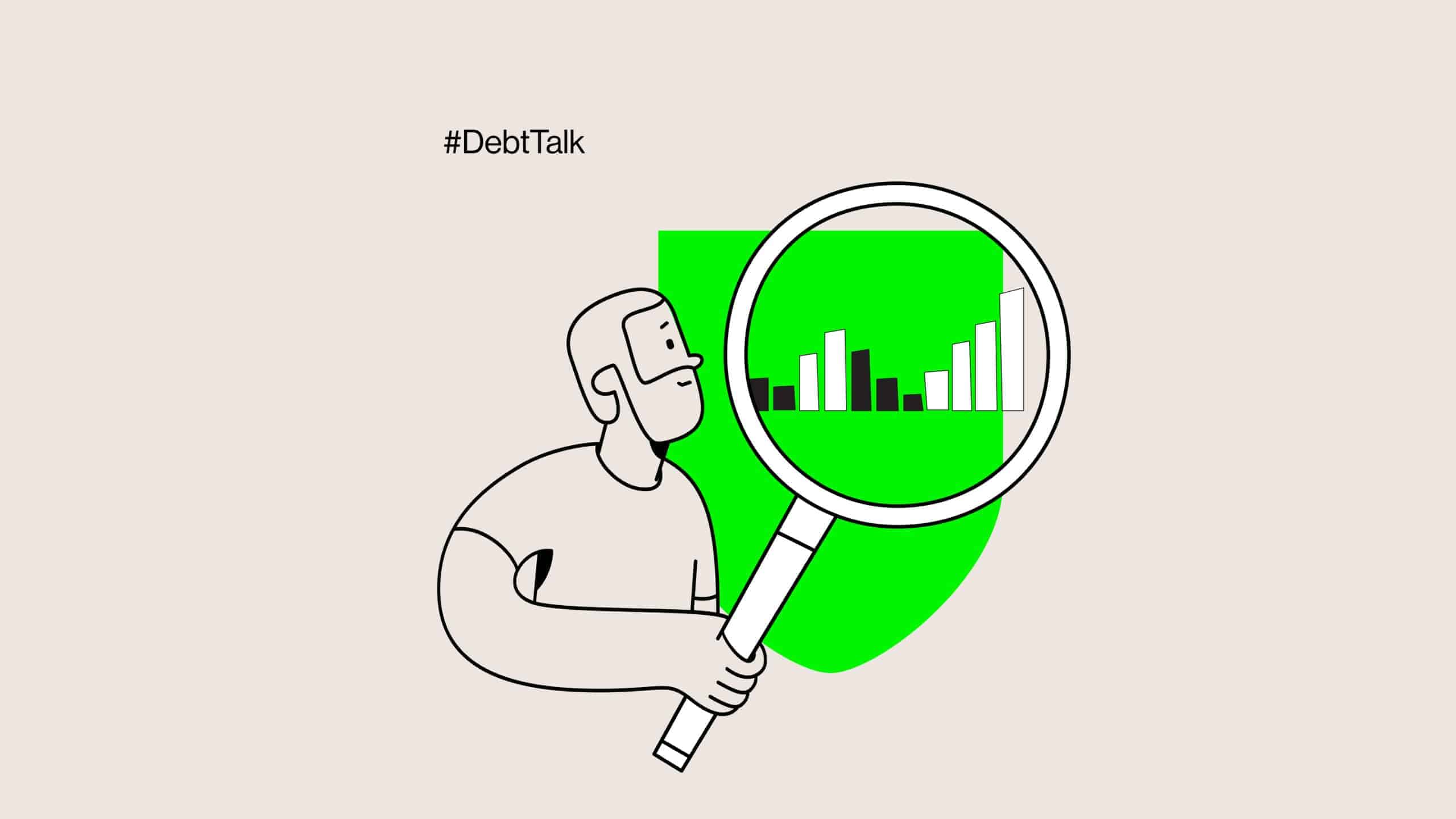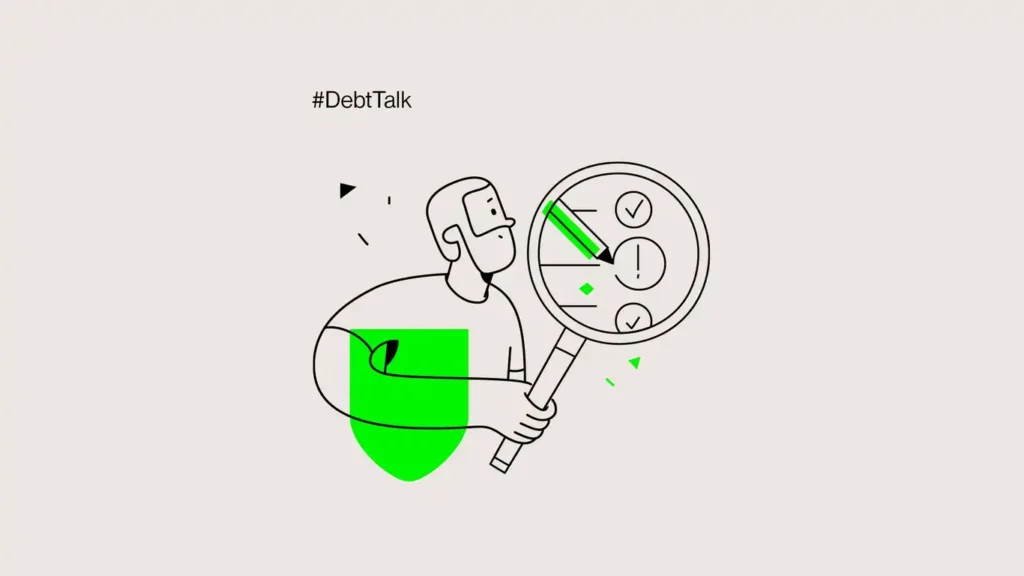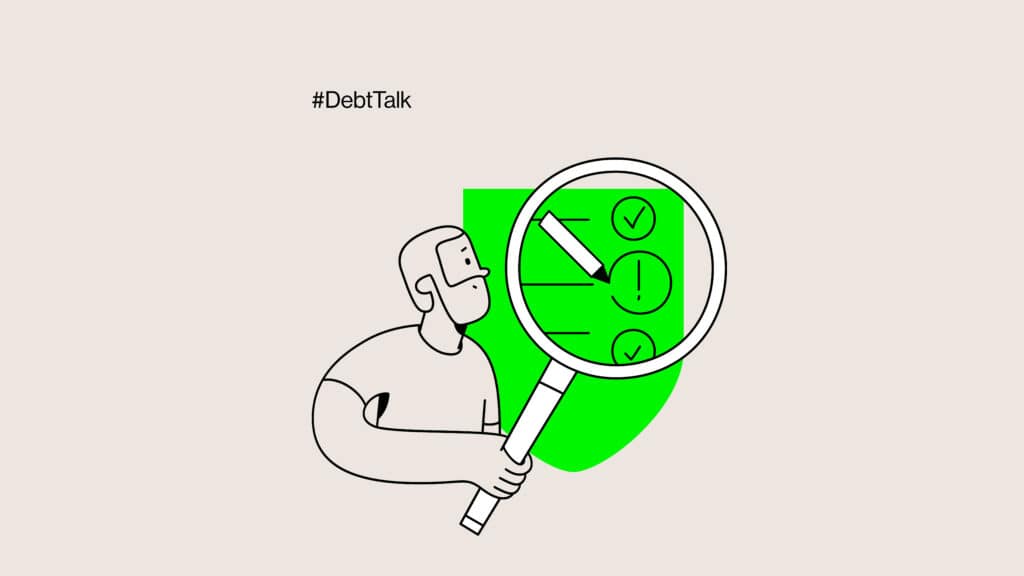The global economic landscape is shifting rapidly, and rising debt calls for a new, fairer approach to addressing difficult debt.
And by that, we mean more effective yet empathetic debt management strategies.
Simply writing-off debt just isn’t good enough, because when you think about it, everyone loses and it is not fair to those that do pay. The converse, charging customers punitive fees in an effort to coerce payment has the reverse effect. Plus, it’s simply unreasonable.
Businesses lose revenue, most likely lose their customers and the economy loses valuable consumers to bad credit ratings. Consumption wanes. This is evident from recent data; credit applications are down, and arrears are climbing.
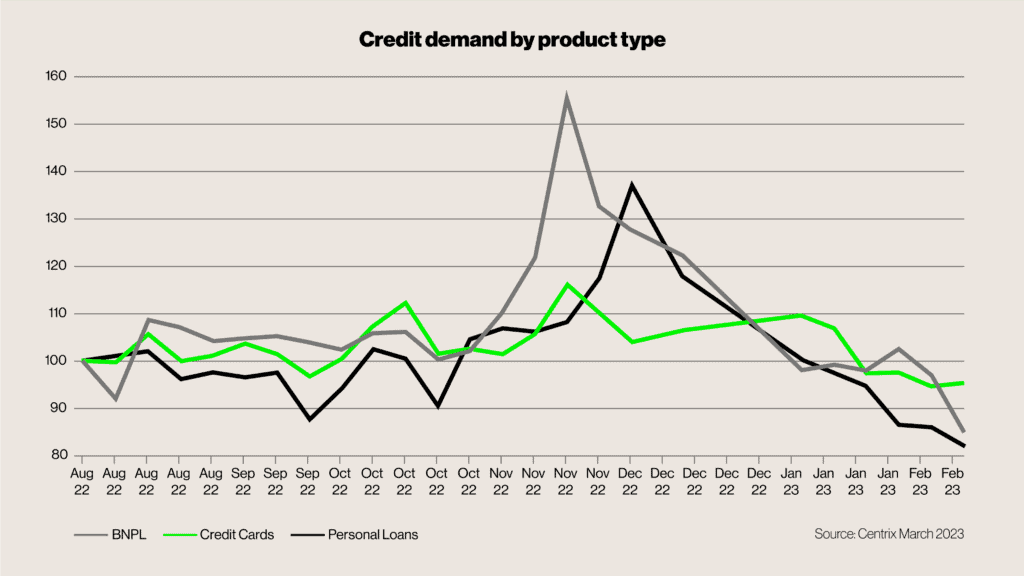
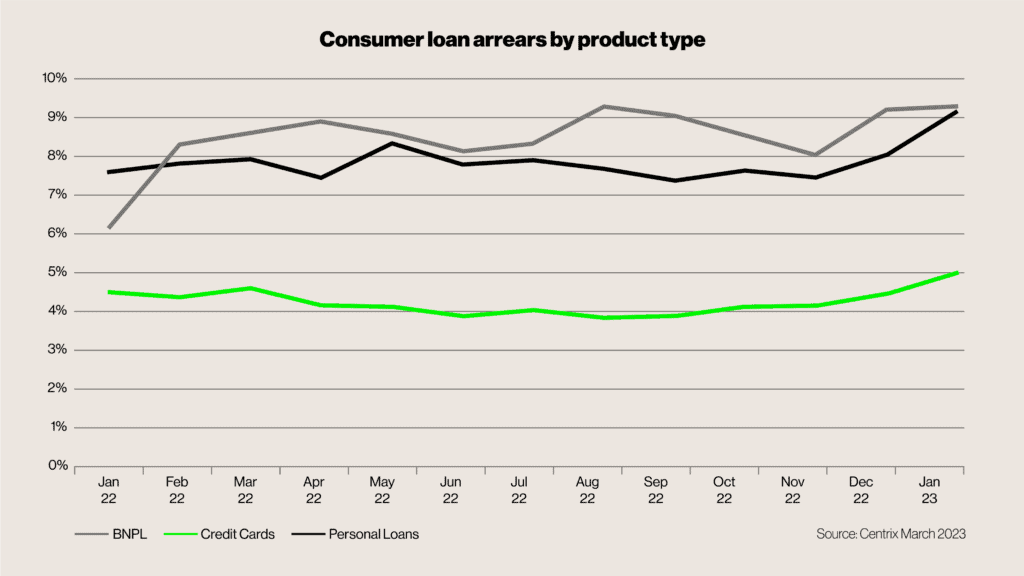
What’s important to appreciate is that ‘past due’ invoices or ‘bad debt’ is just a normal part of the financial cycle of most consumer-orientated companies.
It also helps to understand that the cause of most outstanding debts isn’t because a customer is suddenly trying to resist paying what they owe. Yes, there’s a small minority in this category, and these difficult debts should be chased and where necessary, escalated legally. It doesn’t change the fact that most arrears are driven by an individual’s unexpected, sudden change of circumstance. These include very human, deeply personal issues such as employment loss, relationship breakdown or illness. So, it makes sense that the treatment of bad debts needs to be human as well. Not an opportunity to ‘harvest’ someone in a vulnerable position via escalating fees and interest.
What’s important to appreciate is that ‘past due’ invoices or ‘bad debt’ is just a normal part of the financial cycle of most consumer-orientated companies.
These are real people with real families, and we see a real opportunity to rehabilitate them out of bad debt by treating them as a valued customer, not a number on the balance sheet.
So how does this new, smarter, approach take shape?
It starts by taking the time to work with these customers when they start to experience hardship.
By establishing a relationship founded in empathy, fairness and respect, all critical to protecting brand reputation, working within regulatory frameworks and adhering to an operational social contract that puts people first.
Here are some simple dos and don’ts; the difference between debt collection and our approach, debt management.
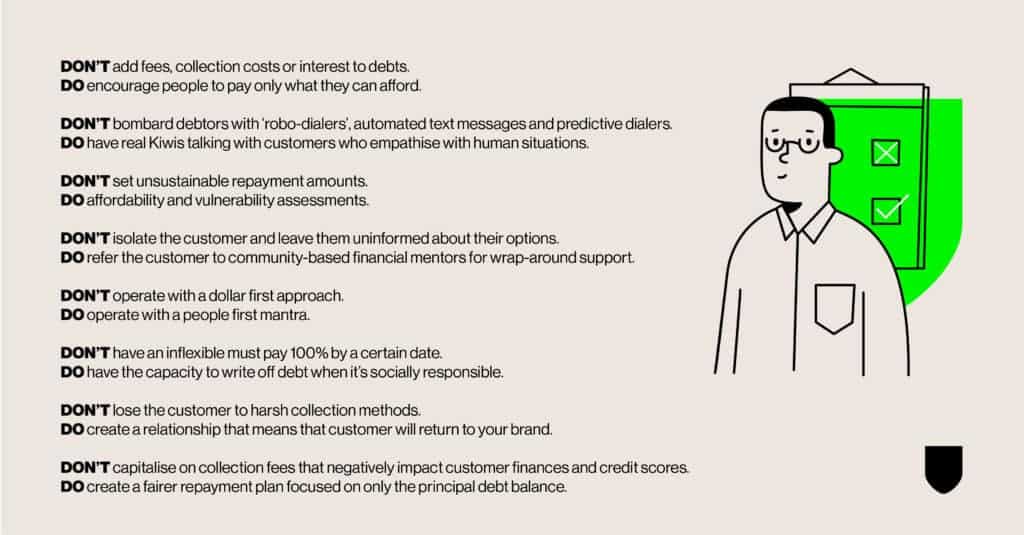
- DON’T add fees, collection costs or interest to debts.
- DO encourage people to pay what they can afford.
- DON’T bombard debtors with ‘robo-dialers’, automated text messages and predictive dialers.
- DO have real Kiwis talking with customers who empathise with human situations.
- DON’T set unsustainable repayment amounts.
- DO affordability and vulnerability assessments.
- DON’T isolate the customer and leave them uninformed about their options.
- DO refer the customer to community-based financial mentors for wrap-around support.
- DON’T operate with a dollar first approach.
- DO operate with a people first mantra.
- DON’T have an inflexible must pay 100% by a certain date.
- DO have the capacity to write off debt when it’s socially responsible.
- DON’T lose the customer to harsh collection methods.
- DO create a positive relationship that means that customer will return to your company.
- DON’T capitalise on collection fees and charges that negatively impact customer finances and credit scores.
- DO create a fairer repayment plan focused on only the principal debt balance.
The points above characterise debt management versus the old, outdated methods of debt collection. Our debt management approach that’s never been timelier, with arrears growth here in New Zealand skyrocketing.
These numbers tell a story we see unfolding in the communities we visit every day.
Ordinary Kiwis struggling to make ends meet because of a financial maelstrom born of a worldwide pandemic, unprecedented government spending, inflation and mortgage rate hikes.
Recent devastating effects of the cyclones will also add to the uncertain financial times we all face, which is why embracing difficult debt isn’t just smart, it’s really the only effective choice we can make to help businesses and customers alike navigate tough financial times.
At DebtManagers, we’re determined to demystify and de-stigmatise bad debt and are already helping businesses across New Zealand reap the rewards of this new attitude towards difficult debt.
If you’d like to discuss how this new approach could benefit your business, please contact us by email.
Let’s make the issue of bad debt good.
